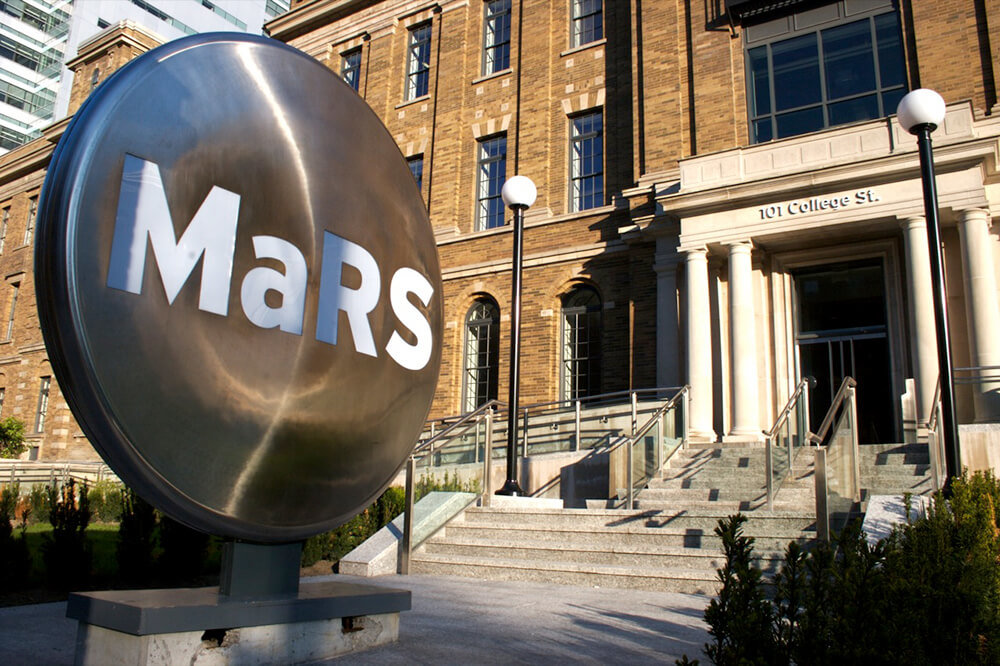Ask anyone in the world which country dominates the tech industry, and they’ll most likely answer the United States. And they would have been right, up until the inauguration of President Trump, that is. According to a new detailed report by Politico, Trump’s anti-immigration crusade may keep out thousands of the world’s burgeoning tech talent, and keep the country from advancing its typically rapid developments in technology.
What country is likely to attract all of these rejected tech geniuses? Canada.
“It’s hard to overstate the role that foreign-born talent plays, and has long played, in America’s leadership and economic competitiveness in the fields of science and tech,” write the authors of the Politico report. According to 2013 statistics released by the National Bureau of Economic Research, foreign-born workers in STEM fields—science, technology engineering and math—comprised nearly twenty percent of workers with bachelor’s degrees in the United States, 40 percent of those with master’s degrees and more than half of those with Ph.D.s. About 25% of all U.S. companies and more than 40% of Silicon Valley tech startups are headed up by immigrant founders.
It’s unlikely that the U.S. can keep those numbers up under the Trump administration. Trump has stated that he plans to reduce immigration by half, ban travel to several countries, and who could forget The Wall with Mexico? Just last month, he announced his decision to phase out DACA, the program that allows undocumented individuals who arrived in the U.S. as minors to remain there on work permits.
All of the young talent who might have had their eyes on the United States needs a new place to turn, and many say that place is Canada. We may have a reputation for being welcoming and inclusive, but as the authors of the Politico report suggest, Canada’s aim of attracting foreign talent is strategic and aggressive.
Already a leader in the fields of computer science, electrical and computer engineering, and artificial intelligence, Canadian universities are poised to become hotbeds of tech innovation. At the University of Toronto, international student applications increased by 70 percent in fall 2017, compared with the previous year; foreign student applications to McGill University in Montreal jumped by 30 percent following the 2016 U.S. elections. Moreover, immigration laws in Canada make it much easier for students to stay beyond graduation so that they have better opportunities to contribute to the economy.
Beyond attracting young talent, Canadian cities are uniquely positioned to attract an increasing amount of venture capital funding in the tech industry. Toronto, Montreal, and Vancouver already rank among the best places in the world to live. Combine that with the cities’ close proximity to the U.S. market and a heavy influx of foreign-born talent, and you’re looking at a powerful contender.
Other countries stand to benefit from Trump’s anti-immigrant campaign and could play growing roles in the tech industry, but none combine a prosperous home for immigrants with geographical closeness to the United States. The United Kingdom is dealing with its own anti-immigration, populist movement. Australia and New Zealand, which welcome droves of immigrants, are geographically remote from the U.S. market.
If Trump “keeps up his anti-immigration push, the United States’ polite neighbor to the north could soon be eating Americans’ lunch,” said the Politico report authors. Right after we put our own unique, multi-ethnic flavors in it.


